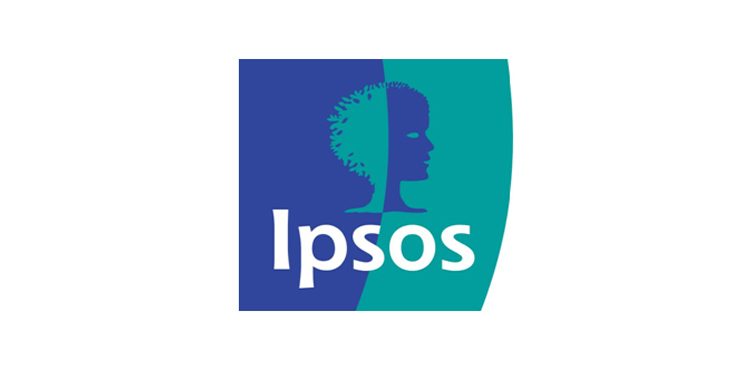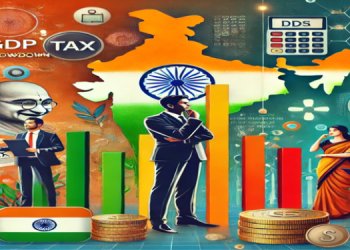New Delhi: According to the February wave of the Ipsos What Worries the World global survey, Unemployment has emerged as the biggest worry of urban Indians in February, displacing Coronavirus from the top place, which it occupied for 1 full year. For global citizens, however, Coronavirus continues to be the topmost worry.
What worries Indians most in February? In the pecking order, unemployment (43%) sits at the top; followed by a coronavirus (34%); financial and political corruption (30%); crime and violence (28%), and poverty and social inequality (26%). Interestingly, COVID19 has fallen by 11 percentage points in February from Jan 2021.
Global citizens to are worried about the same set of 5 top issues, except coronavirus continues to be their biggest worry and of course, their order for other worries too differ coronavirus (50%), unemployment (37%); poverty, and social inequality (30%); financial and political corruption (27%) and crime and violence (24%).

“Corona Vaccines and vaccination drives have largely mitigated worry levels around COVID19. Unemployment now occupies pole position as the biggest worry of urban Indians. The pandemic and the lockdown led to massive job losses and of course job creation to has not seen much traction as the economy is in recovery mode. The new infrastructure initiatives of the govt though high on the promise, are long-drawn. In the short term, govt and India Inc will need to address this glaring issue, by focusing on job creation. Though hiring has started with the unlock and easing of restrictions and the re-opening,” said Amit Adarkar, CEO, Ipsos India.
India 2nd most optimistic market
India is placed 2nd in the pecking order in optimism with 68% urban Indians optimistic that India is moving in the right direction. Saudi Arabia continues to be the most optimistic market with at least 87% of those polled confident, their country is moving in the right direction. Global citizens on the contrary are pessimistic, with 67% believing their country is on the wrong track.
“India is a highly resilient market. And optimism is something every Indian across demographics counts on, to tide over tough times. Even when everything is not hunky dory, Indians do not lose hope,” added Adarkar.
Technical Note
Full results available from https://www.ipsos.com/ipsos-mori/en-uk.
The survey was conducted in 27 countries around the world via the Ipsos Online Panel system. The 27 countries included are Argentina, Australia, Belgium, Brazil, Canada, Chile, France, Great Britain, Germany, Hungary, India, Israel, Italy, Japan, Malaysia, Mexico, Netherlands, Peru, Poland, Russia, Saudi Arabia, South Africa, South Korea, Spain, Sweden, Turkey, and the United States of America.
19,520 interviews were conducted between January 18th, 2020 and February 5th, 2021 among adults aged 18-74 in the US, South Africa, Turkey, Israel and Canada and age 16-74 in all other countries. Data are weighted to match the profile of the population.
In 16 of the 27 countries surveyed internet penetration is sufficiently high to think of the samples as representative of the wider population within the age ranges covered: Argentina, Australia, Belgium, Canada, France, Germany, Hungary, Israel, Italy, Japan, Poland, South Korea, Spain, Sweden, Great Britain, and United States. The remaining 11 countries surveyed: Brazil, Chile, India, Malaysia, Mexico, Netherlands, Russia, Peru, Saudi Arabia, South Africa, and Turkey have lower levels of internet penetration and so these samples should instead be considered to represent a more affluent, connected population. These are still a vital Social group to understand in these countries, representing an important and emerging middle class.
The Global score reflects the “Global Country Average”: the average result for all the countries where the survey was conducted. It has not been adjusted to the population size of each country and is not intended to suggest a total result.

















